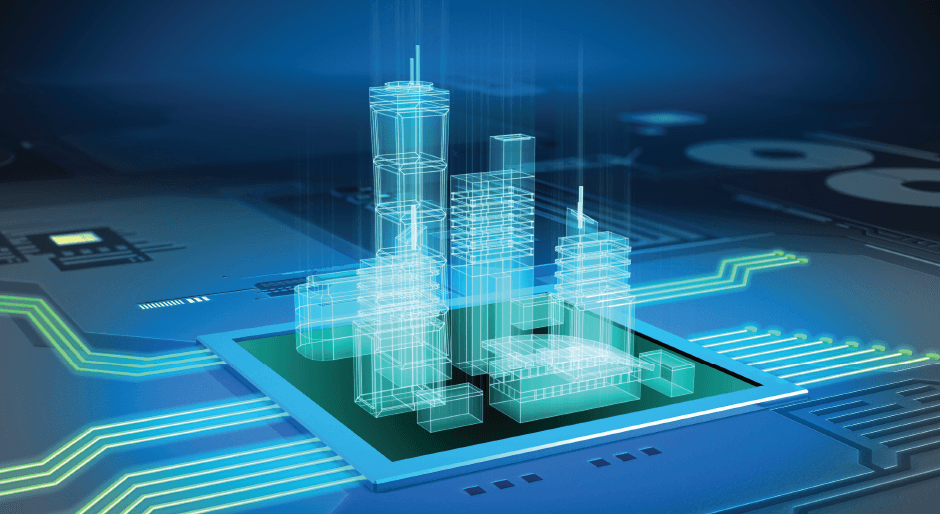Smart buildings or “smart” buildings are becoming increasingly popular in modern engineering projects. By utilizing cutting-edge technologies such as the Internet of Things and artificial intelligence (AI), these frameworks prove to be efficient and cost-effective solutions that offer engineers a variety of benefits. In this article, we explore the benefits of smart buildings and discuss why engineers should use this technology in their projects.
United Technology Building Systems Corporation first coined the term “smart building” in the US in 1981. Their efforts paid off about two years later, and the City Place Structure in Hartford, Connecticut (USA) was named the first building smart in the world. The original definitions did not take user needs into account and focused mainly on technological characteristics. However, more modern definitions also take into account how people interact with each other and the environment.


A smart building is created through the installation and use of state-of-the-art integrated building technology systems. These systems include building management, telecommunications, user systems and building automation. The convergence and technical improvements of building systems, as well as the system similarities and additional functionality that integrated systems offer, are recognized and reflected in smart buildings. To help the building owner or occupant manage the building or spaces, smart buildings provide actionable information about the building or spaces within the building.
Smart buildings can “learn” the normal behavior patterns of their occupants and alert security forces if they detect something different than expected. It is necessary to evaluate the various security threats that must be considered when designing a smart building and consider how these buildings can protect occupants and assets. Smart buildings not only provide greater security, but can also reduce costs for building owners by monitoring and recording energy consumption.
A smart building is a special type of building with affordable construction costs, effective energy management and a comfortable and pleasant environment. Its design takes into account the ideal interaction between structure, system, service and management. The term “smart” building refers to a structure that goes beyond the typical structure and function of a building, having intelligent control systems and smart, connected devices. The modernized home, based on sensors and with a variety of integrated systems, was initially seen as the basis of smart buildings. The system's internal and external communications were managed effectively and remotely.
One of the main advantages of smart buildings is their ability to save energy. Automatically adjusting lighting and temperature depending on occupancy and weather conditions These buildings can reduce their energy consumption by up to 30% compared to traditional buildings . Furthermore, they often use renewable energy sources, such as solar and wind energy, further reducing their carbon footprint.


Another benefit of smart buildings is improved security. By integrating security systems with building management systems, these buildings can monitor potential threats and take appropriate countermeasures. This increased security can not only protect residents and property, but also help reduce insurance costs.
The biggest challenge in smart building projects is getting the entire team to support the concept. The project may be clear to the developer, but it may be difficult to convince everyone involved of its benefits.
Smart buildings can provide users with a better overall experience. By using features like wayfinding and indoor mapping, they can help people easily navigate the building and find the amenities and services they need. Additionally, these buildings often have better air quality and acoustics, making them more comfortable and enjoyable places to work.
Overall, smart buildings offer a variety of benefits that make them an attractive option for modern engineering projects. With their ability to save energy, improve safety and provide a better experience for residents, these buildings will certainly play an important role in the future of the built environment.
Although the main focus of smart buildings is efficiency and cost -effectiveness, their impact goes beyond mere cost savings. These buildings have the potential to radically transform the built environment, making it more sustainable, safer and more enjoyable for everyone who lives and works in them.
In a future low-carbon economy, where information technology and smart building applications fully merge, smart buildings make a crucial contribution. More and more scientists agree that hardware system knowledge is necessary for smart building applications. Long-term cost and energy reduction goals for smart building applications require adaptability across multiple layers of software and hardware. A significant improvement requires the use of new hardware, understanding the systemic problem, and collective thinking.

